Pamplona in the Spanish province of Navarra is renowned for the annual Running of the Bulls, popularised by Ernest Hemingway, and as being on the path of the Camino de Santiago. It is also home to the Universidad de Navarra whose Faculty of Communication has two strong links to BU.
Associate Professor John Oliver of the Faculty of Media & Communication (FMC) is one of the leaders of the European Media Management Association (EMMA) which is very active in Pamplona and includes the university’s President. Professor Tom Watson of FMC collaborates with public relations historian Dr Natalia Rodriguez-Salcedo, a regular participant in the International History of Public Relations Conference held each year at BU.
From November 23-27, Professor Watson visited the Pamplona university and spent time in its excellent archive researching the development of public relations education policies by European professional bodies from the 1950s to 1980.
“Dr Rodriguez-Salcedo has catalogued the records of pioneer Spanish practitioner, Joaquin Maestre Mora, who was very active in the International Public Relations Association (IPRA) from the 1960s to 1980s,” he said. ‘This links with BU’s own IPRA archive. My Spanish colleague investigated IPRA archive in 2014 and identified gaps in our files that could be filled from the Maestre archive.”
The investigations of both archives have led to journal articles and conference presentations by the two researchers, with another paper to come in 2016. “As archives are digitised, access to this basic material of communication history research will become easier but there is still nothing like leafing through paper files and finding the unexpected,” said Professor Watson.
While at the Universidad de Navarra, he gave guest lectures to UG and PG students on management of corporate communication, crisis management and the measurement and evaluation of public relations. Professor Watson also discussed current developments in research assessment with staff in the Faculty of Communication.
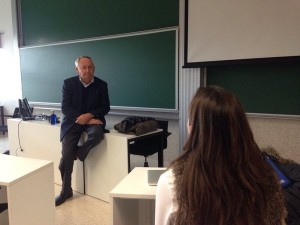
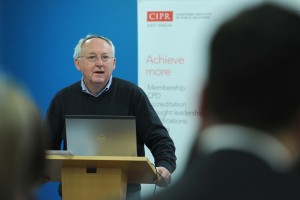



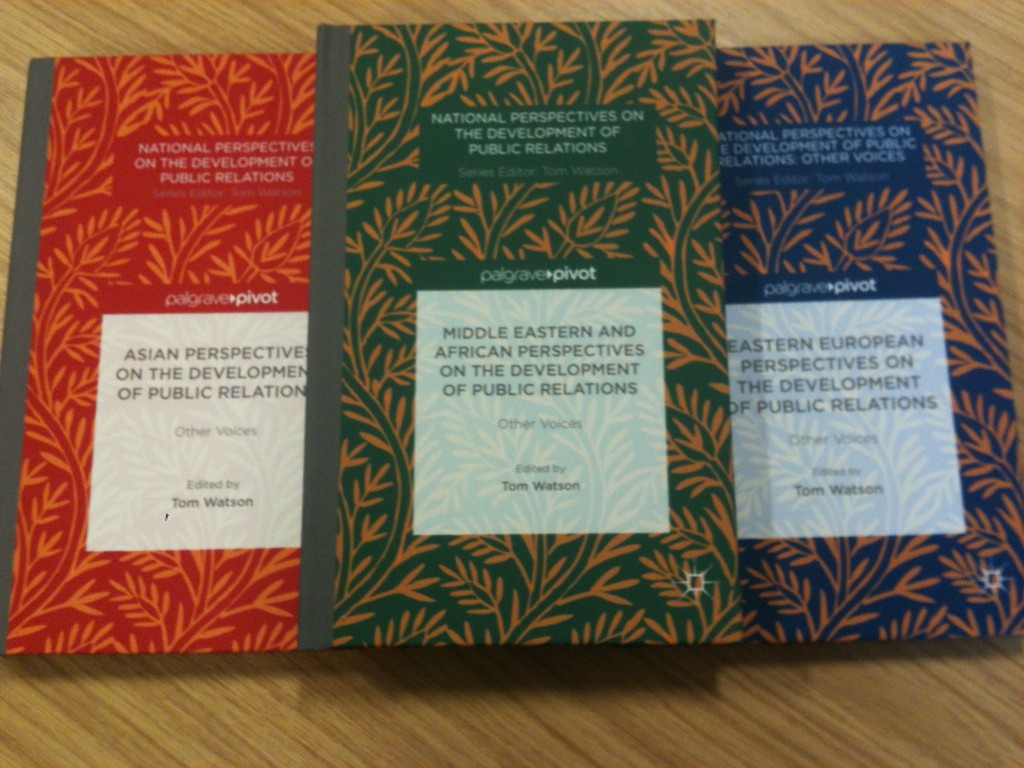
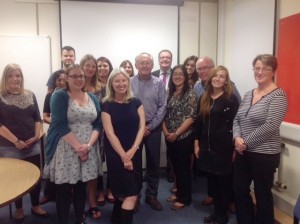

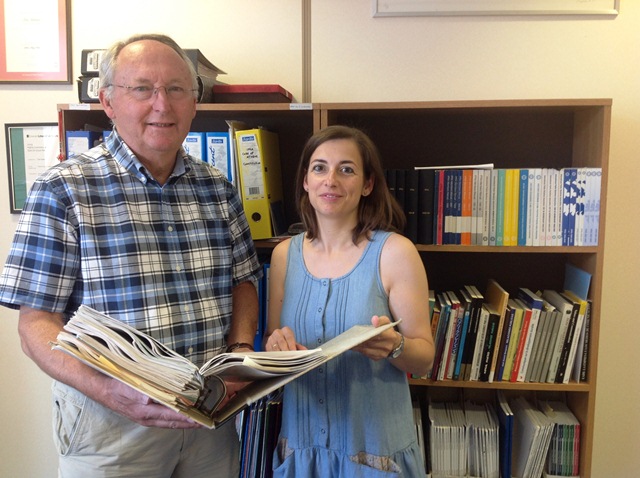
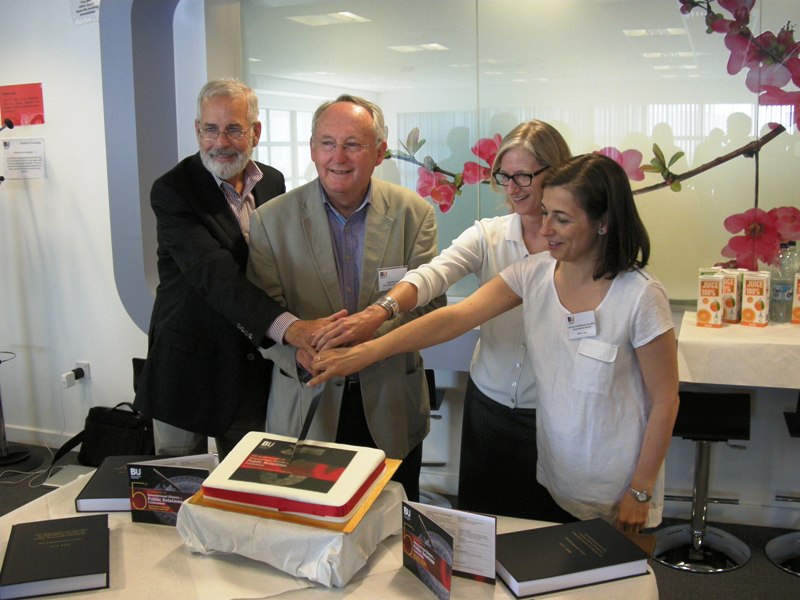

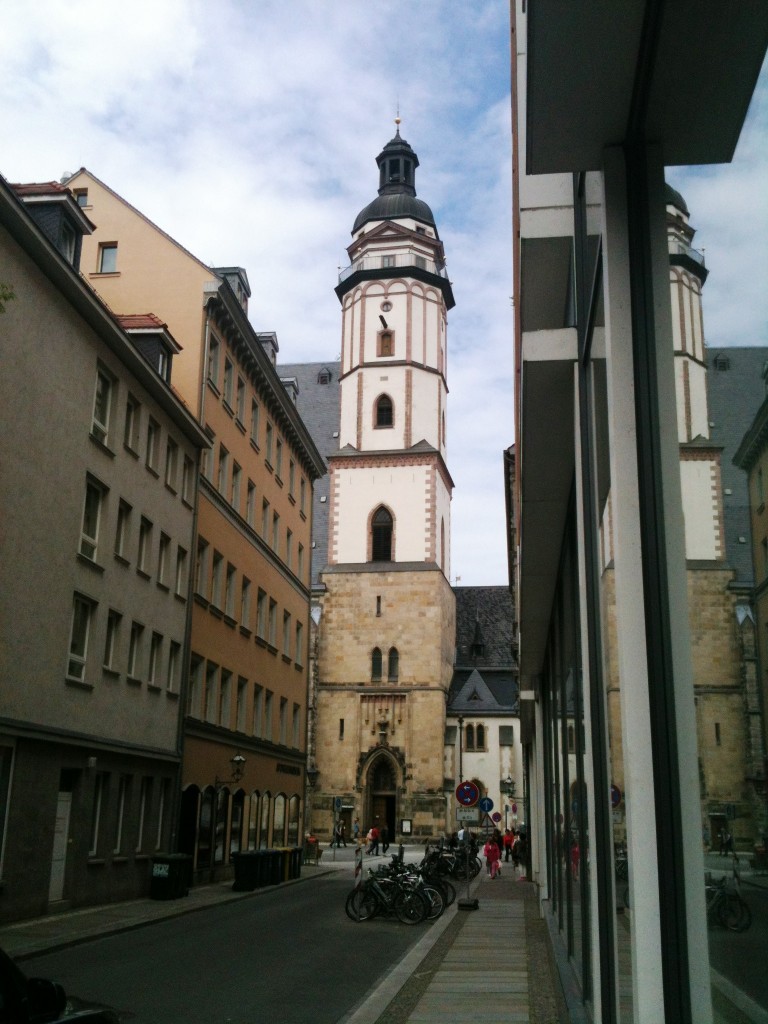
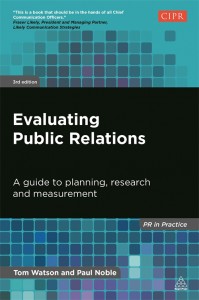
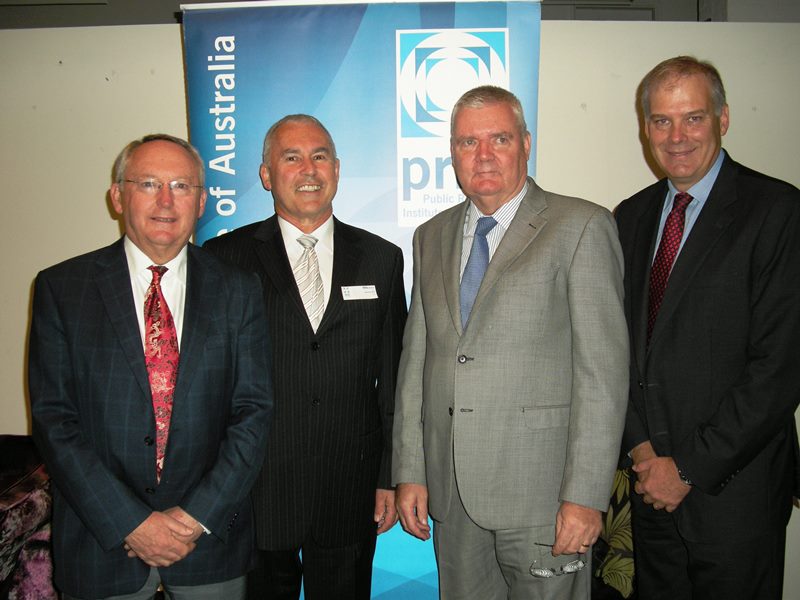
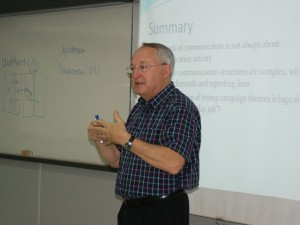












 SPROUT: From Sustainable Research to Sustainable Research Lives
SPROUT: From Sustainable Research to Sustainable Research Lives BRIAN upgrade and new look
BRIAN upgrade and new look Seeing the fruits of your labour in Bangladesh
Seeing the fruits of your labour in Bangladesh Exploring Embodied Research: Body Map Storytelling Workshop & Research Seminar
Exploring Embodied Research: Body Map Storytelling Workshop & Research Seminar Marking a Milestone: The Swash Channel Wreck Book Launch
Marking a Milestone: The Swash Channel Wreck Book Launch ECR Funding Open Call: Research Culture & Community Grant – Application Deadline Friday 12 December
ECR Funding Open Call: Research Culture & Community Grant – Application Deadline Friday 12 December MSCA Postdoctoral Fellowships 2025 Call
MSCA Postdoctoral Fellowships 2025 Call ERC Advanced Grant 2025 Webinar
ERC Advanced Grant 2025 Webinar Update on UKRO services
Update on UKRO services European research project exploring use of ‘virtual twins’ to better manage metabolic associated fatty liver disease
European research project exploring use of ‘virtual twins’ to better manage metabolic associated fatty liver disease